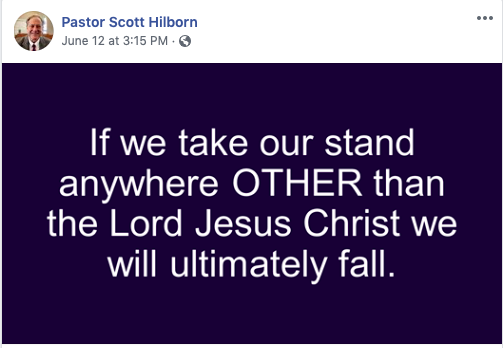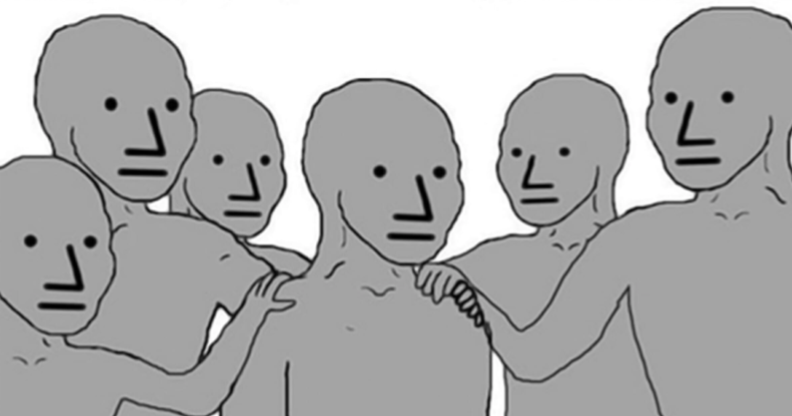A Brief History Of Voting
The American founders faced a problem in setting up their new nation. The question was, how could it be established that all would be represented in the republic while yet allowing that the government would retain power sufficient to govern? It was obvious that certain barriers would be needed between the individual and government. Suffrage would be the vessel for carrying most of these barriers, so a difficult question revolved around who could vote. That the founders had the audacity to even ask such a question has the potential to dredge up indignation in the modern heart. That indignation demonstrates the extent to which we have been steeped in individualism. The vote has become sacred, even if most don’t exercise it, and even if less still even bother to educate themselves on the ramifications of their choices. But the founders foresaw a problem that we in our present age have in large part lost sight of. They understood the dangers of democracy, and so wanted all who would be deciding the ultimate fate of their little republic to be fully invested in what would be best for it, and not so much what would be best for any one individual. So it was perhaps thought, as goes the welfare of the nation, so goes the welfare of the individual, but not necessarily vice versa. Or, as God put it, “…seek the welfare of the city where I have sent you into exile, and pray to the LORD on its behalf, for in its welfare you will find your welfare. ” (Jer 29:7) It was settled then that the future of the nation would not be left to individuals as much as to the household by way of the male vote. Whether the thinking behind the male-only vote was based on one vote per household or it was a matter of the zeitgeist of that age is a matter for further inquiry. But nonetheless, in God’s providence, the end effect sacrificed individualism in favor of the family unit.
There were several other barriers also installed based on collectives trumping individuals. One of those collectives was the electoral college, which would establish another barrier between the individual and the selection of the man who would fill the political office that would put the most power in the fewest hands, the president. And again, yet another barrier was inserted between the individual and the upper chamber of Congress by way of the state being charged with choosing its representatives called senators. The reasoning behind this wasn’t as much based on inserting barriers as it was the result of understanding that the states were their own sovereigns and as such in need of representation in their own right. The effect, however, was still a barrier. But it also had an additional effect of adding yet another barrier between the individual and the courts by requiring the consent of the state-appointed Senate for appointments to the bench. As we study these barriers, we can see that the founders had a healthy fear of pure democracy. They understood in their age the sad condition of the hearts of men and did what they could to protect the whole from the possibility of a mob-like majority of individuals.
As the name implies, the founding of the “United States” was a federation of groups called states. Compared to the present, the pre-Civil War Federal Government played a minuscule role in the nation’s internal affairs. It dealt with issues that were necessarily beyond the scope and ability of the states to control; issues like conducting war, and affairs of international and interstate. It might be said that the federal government didn’t so much have a relationship with the household as it did with the state within which the myriad households resided. The average citizen in pre- Civil War America considered themselves to be citizens of their states first and then the nation. Afterward, the American citizen was more likely to see himself as a citizen of America than his state. That conflict was, after all, a power struggle between two sovereigns, the State, and the states united. The central government from that point forward grew in power at the expense of the constitution and state governments. This eliminated a smaller collective to which the individual once belonged. It also eliminated barriers set against a strong, centralized, and out-of-control federal government.
By the early 20th century the barrier that had stood between the household and the Senate was discarded by way of the 17th amendment, which in effect removed a barrier to the courts as well. It’s worth noting in the present how different our history might have been if the mostly conservative legislatures had had a say in the appointment of senators, and so subsequently judges. History recounts many reasons that this amendment was made. But whatever the reasons appeared to be on the surface, we can be sure that it was carried along, as most historical events are, on the undercurrents that were the shifts in the mindsets of individual citizens. The end effect was no doubt a movement away from republican and toward democratic governance.
The next barrier fell 7 years later in 1920 with the 19th amendment, which was a great leap forward for radical individualism. The household vote was abolished in favor of the individual votes within the household. This eliminated yet another “collective” to which the individual once belonged. The individual’s interests would now trump that of the family’s. This amendment had the effect of abolishing the family as it pertains to representation. The husband and wife were no longer considered one, but rather would eventually join, in the modern politics of identity, two separate voting blocks. Anticipating lots of challenges to my propositions concerning this matter, and given the extent to which feminism is permeated and often borne along by emotion, and given that expounding on this exceeds the scope of this piece, let me suffice to say that I am speaking in very broad terms with the intention of discussing the growing impact of radical individualism. My assumption in this discussion is that the reader is a conservative, and if my assumption is correct I only point to the national polls that paint the vast majority of single women as a reliable voting block for liberalism. But the mere numbers of single women are in themselves evidence of a seismic shift in worldview that has occurred since the nation’s founding. But not only this, anecdotal though it may be, this self-styled news organization posted a story on the conflict of differing political opinions within a family that this individualism has wrought on two households in particular. The story suggests that there are many households suffering from this malady, and I’m inclined to agree.
The mid 20th century was marked by explosive growth in the reach and power of the federal government. The great depression opened the door for a centralized government to take on the role of caretaker and husband. Franklin D. Roosevelt remained president for a decade and a year during which time he was able to stack the bench with judges sympathetic to his cause. The constitution by design was difficult to amend. But as Roosevelt discovered, it was rather simple to reinterpret, and so reinterpreted it was.
In the mid-twentieth century, we began to see the fruit of the individualism that had been incubating in the previous generations. Religion was evicted from the government’s schoolhouse by judicial decree, which opened the door for the secular humanism that was already there to set up shop without obstacle. Divorce and illegitimacy were just beginning their skyrocketing climb. It was as if the individual was awakened from what seemed to it to be a long sleep in the catacombs of the collectives. The sovereignty of the-self was finally being realized, and the sky appeared to be the limit as every new generation was not only indoctrinated with ever-more individualistic notions in the public schoolhouse, each set out on their own trek to discover what boundary it could test and destroy. And each test had the same failing score. The boundaries were shot through with rot.
As I write this, the masses of self-sovereigns have fixed their gaze on another barrier that now stands between the individual and the presidency, the electoral college. For those who appreciate its purpose, there is at least some comfort in the fact that the nation is polarized, which means that a constitutional amendment is, at present, out of the question. But we shouldn’t take too much comfort there. It would be folly to underestimate the craftiness of a liberal judge. One thing is for sure. We are marching toward a pure democracy. And there will most assuredly come a day when many of those now demanding it will wonder what happened to the protections that once guarded them against an all-too-powerful majority, and a government that functions only on the majority’s behalf.
Note: Above is an excerpt from this piece.

